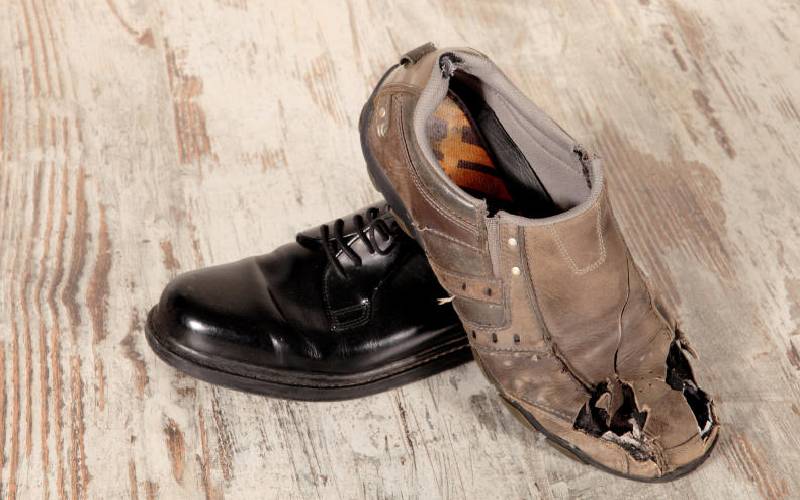×
The Standard e-Paper
Kenya’s Boldest Voice

Covid-19 may have devoured many Kenyans’ earnings, but there are those who are still enjoying the finer things in life, exposing the yawning divide between the rich and the poor.